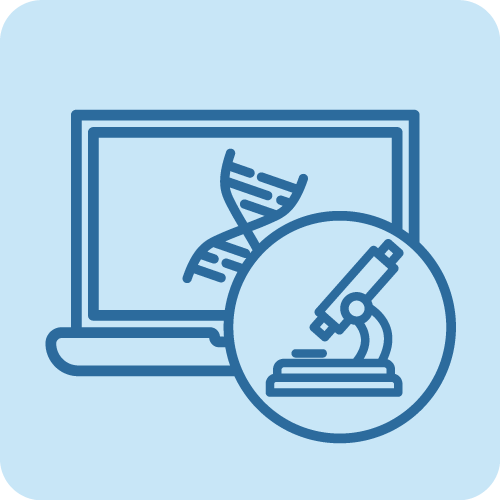Development of HPC and AI-Based Tools for Large-Scale Spatial Transcriptomics and Single-Cell Data Integration
In today’s science, data processing technologies play an increasingly crucial role, driven by technological advances in fields such as genomics, proteomics, and microscopy, among others. The ability of these disciplines to generate vast volumes of data has transformed the way scientists approach biological and medical research. The development of increasingly efficient high-performance computing algorithms is essential to manage and extract meaningful insights from these massive datasets. Likewise, artificial intelligence (AI) and machine learning have been fundamental in developing decision-support tools.
For all these reasons, bioinformatics and computational biology play a key role, closely aligned with the most recent technological advances, where analyses and results rely heavily on advanced tools and algorithms. Bioinformatics not only facilitates the management of such data but also drives innovation in personalized medicine and fosters interdisciplinary collaboration, positioning itself as a cornerstone in the advancement of science.
This project aims to develop new methods and algorithms capable of analyzing and integrating massive volumes of biomedical data, focusing on single-cell transcriptomics and the latest advances in spatial transcriptomics. These developments will lead to the creation of a comprehensive analysis tool for use within CSIC.
Furthermore, the project encompasses several core areas:
- Massive data processing technologies – to develop and implement advanced techniques for efficiently handling large-scale datasets;
- FAIR principles (Findable, Accessible, Interoperable, and Reusable) – to ensure reproducibility and transparency of results;
- High-performance computing (HPC) – leveraging advanced computational resources to process and analyze large datasets;
- Medical image analysis using artificial intelligence – to enable detailed, faster, and more accurate analysis of biomedical images; and
- Integration of multidimensional data – developing methods to combine diverse data types into coherent analyses that provide a holistic view of biological systems.
The implementation of this project will not only facilitate the analysis of large-scale datasets but will also provide an innovative platform for biomedical research, enabling scientists to address complex biological questions and develop new therapeutic approaches. Additionally, it will promote the training of researchers in advanced bioinformatics and data analysis techniques, ensuring that CSIC remains at the forefront of global biomedical research
Members (researchers): Eduardo Andres Leon
Information
Type of Funding: National
Period: 20/12/2024 - 19/12/2028

